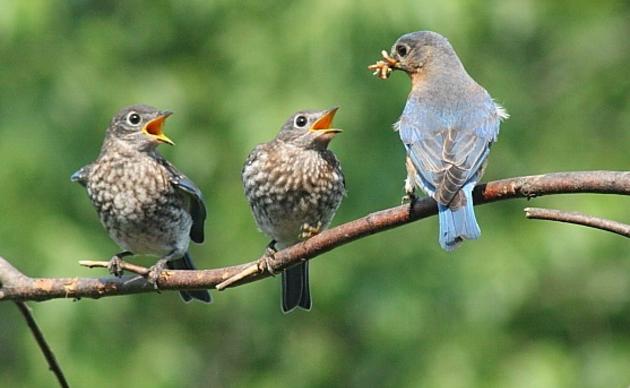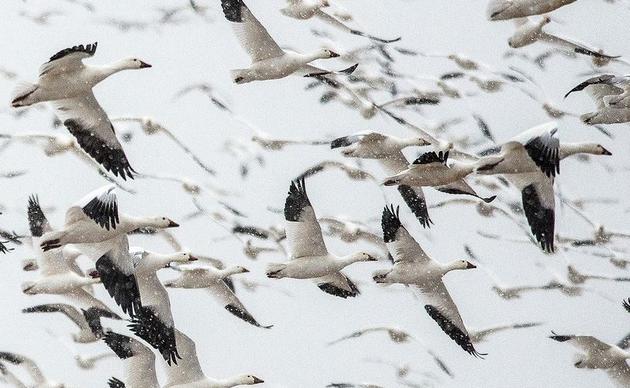The U.S. EPA is in the process of crafting a plan for how it will prioritize federal Great Lakes restoration and protection investments. Over the last nine years, the U.S. Congress has invested more than $2.9 billion in more than 4,000 projects as part of the Great Lakes Restoration Initiative. Restoration projects in the states of Minnesota, Wisconsin, Illinois, Indiana, Michigan, Ohio, Pennsylvania and New York are helping to restore fish and wildlife habitat, clean up toxic pollution, reduce polluted runoff from cities and farms, and fight invasive species.
Over the summer, the EPA will be taking public input on how to shape the next plan, known as Great Lakes Action Plan 3, which will guide restoration efforts from 2020-2024. The EPA has signaled its intent to release a draft plan in mid-October or November.
Attend your public hearing:
Thursday, June 21 – Rochester, NY
Roger Robach Community Center
180 Beach Ave.
Rochester, New York
6 pm – 8 pm (EDT)
Please let us know if you plan to attend, or if you did, how it went. We’d love to hear from you! Please email us at audubonny@audubon.org.
Here are some sample talking points you can use if you attend the hearing:
- Great Lakes restoration and protection efforts are important to me, my community, and my organization. (Provide example)
- Federal Great Lakes investments are more important than ever because serious threats remain. (Provide example) The EPA and Trump Administration must maintain funding levels at authorized levels of $300 million per year.
- We support the current focus areas for federal Great Lakes restoration investments under the Great Lakes Restoration Initiative and the Great Lakes Action Plan 2—toxic hotspots, invasive species, polluted runoff from cities and farms, fish and wildlife habitat, and future actions that are needed to ensure the program is run efficiently and effectively. EPA Action Plan 3 needs to account for the fact that the type and scale of problems facing the lakes can vary depending on geography; consequently, the Great Lakes Restoration Initiative must continue to support efforts to restore and protect the lakes from existing problems, while being nimble enough to address emerging threats.
- We appreciate the EPA’s commitment to public engagement through the six community listening sessions in Toledo, Ohio, Rochester, N.Y., Duluth, Minn., Milwaukee, Wis., Saginaw, Mich., and Chicago, Ill. Continued public engagement is essential for the program’s success, and we encourage the agency to provide a robust public comment period and engagement strategy when the draft Action Plan 3 is released—as well as the support for entities such as the Great Lakes Advisory Board.
- Lastly, we oppose damaging policies, rules or executive actions by the EPA, other agencies, and the U.S. Congress that undermine the success of Action Plan 3. The restoration of the Great Lakes, and the communities which rely on them, demand both robust federal funding and strong policy solutions and environmental protections. We need clean water protections and federal policies that support—not undermine—federal Great Lakes restorations efforts.
Audubon, including the local Audubon chapter in the Rochester area, Genesee Valley Audubon Society, is part of the Healing Our Waters Coalition.



